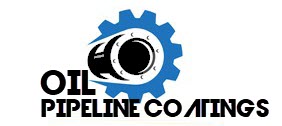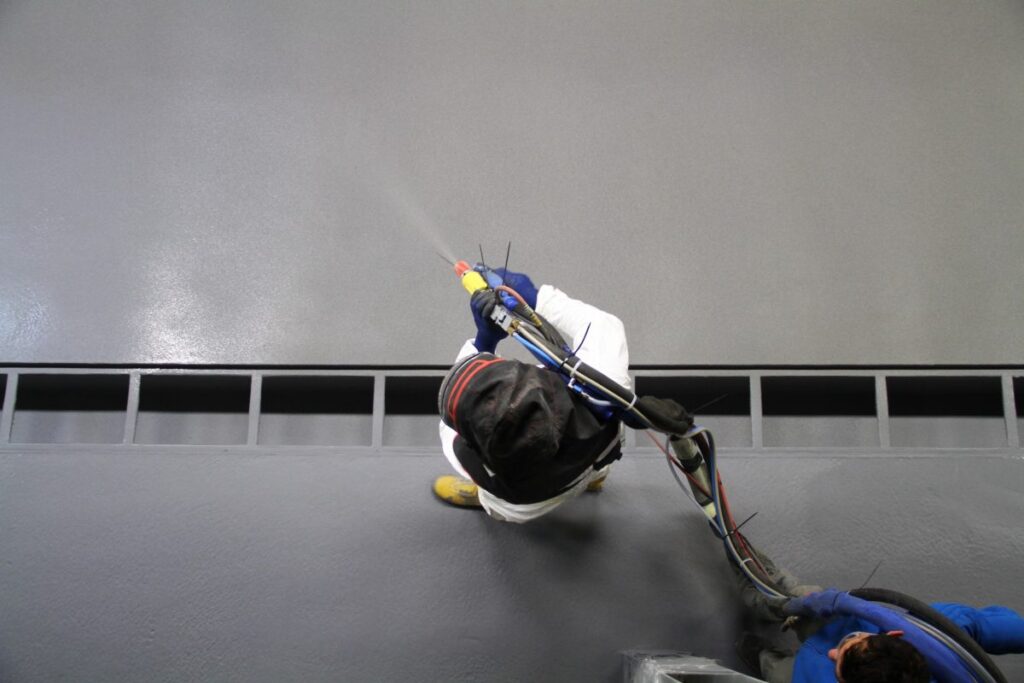Polyurea coatings have been used within the pipeline industry for a long time. They have a range of advantages over other types of coatings however, they do have some drawbacks.
If you’re a pipeline owner responsible for the maintenance of pipelines and pipelines, it’s essential to be aware of what you’re dealing with, and what coatings can assist you to protect you and your pipeline infrastructure.
To give you an understanding of polyurea coatings We’ve provided some of the common questions here.
1. What is polyurea coatings composed of?
Polyurea coatings comprise elastomer substances made from step-growth polymerization. This is a procedure that mixes reactive isocyanate materials together with synthetic resin. The process of polymerization gives polyurea its coloration as well as moisture and flame resistance.
2. What is the difference of polyurea, epoxy, and polyurethane?
The easy thing is to make the terms misunderstood. One of the main difference among the two materials are that polyurea is superior in abrasion and temperatures, UV, moisture as well as chemical resistance in comparison with epoxy coatings. It also cures quicker.
In comparison to polyurethane, polyurea exhibits greater chemical and water resistance and endurance.
3. What are the benefits that come with polyurea coatings?
There are many benefits that polyurea pipeline coatings provide over other kinds of coatings. The main advantages are:
- Resistance to corrosion and abrasion cause damage
- Flexibility and elasticity
- It is excellent at bonding to different surfaces such as wood, cement metals, concrete
- Resistance to UV light, temperature and weathering
- Quick curing time
- Can withstand extreme high tensile strength
- Chemicals, oil as well as salt and resistance
- Quick cure time dependent on the formulation
- Controlled finely coating thickness
These properties provide polyurea the ideal material to protect pipelines against corrosion and other harm. It also makes the coating more resistant to environmental influences such as weathering and temperature.
4. What are the drawbacks that come with polyurea coatings?
Although polyurea coatings provide a variety of advantages, they come with some limitations. The main negatives are:
- When the coating is applied without sufficient wetting time it might not stick to the substrate correctly This can make it difficult to handle.
- Certain polyurea coatings such as aromatic polyurea is able to react to UV radiation, and alter colors or even chalk up. This can be a problem in applications that require looking appealing. In these instances, it is recommended that aliphatic polyurea coatings must be utilized.
- The application of polyurea requires skilled specialists.
These constraints should be considered when choosing the right coating that is suitable for your pipeline. Always consult an coating expert to find out whether polyurea is the right option in your application.
5. How do polyurea coatings applied?
Polyurea coatings are applied using the use of high-pressure hot spray as well as cold spray, low-pressure cold spray or warm spray coating as well as other methods. Spray application permits for the coating to be rapidly and uniformly applied onto any surface on the pipeline.
As mentioned previously the application is best done by a qualified expert, which is why it’s crucial to speak with a specialist prior to beginning your project.
6. Where could these coatings be applied?
Polyurea coatings are applied to a range of surfaces such as metallic, concrete, and wood. They are especially suitable for use in industries that have an increased risk for corrosion and damage like:
- The pipelines as well as irrigation system
- Healthcare,
- Material handling,
- Concrete and concrete,
- Security and defense.
- Automotive, and much more.
The team at Oil Pipeline Coatings, our highly skilled staff are educated in all matters of pipeline coatings. We provide the following coatings: rubber, urethane, ArmorFoam, and ArmorLiner protective coatings to protect your offshore structures from corrosion. Contact us now to inquire about a quote!

